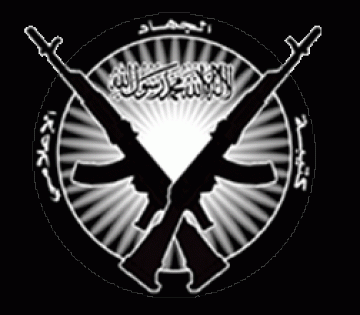http://frontpagemag.com/2011/10/06/journalism-and-jihad/

Muslim-American advocacy groups with ties to the Muslim Brotherhood, like the Council on American Islamic Relations (CAIR ) and the Muslim Public Affairs Council (MPAC ), are on a mission to combat what they claim is the Western media’s habitually negative reporting on Islam. After all, it’s difficult to advance the Brotherhood’s agenda of “eliminating and destroying Western civilization from within” when the media keep reporting on a steady stream of terror plots, honor killings, and encroachments by shariah on American soil. But if journalists take to heart the message of an online course from The Poynter News University, then their “skewed” perspective won’t be a problem anymore.
“Covering Islam in America ” is a free, self-directed course offered by the Poynter Institute,* which describes itself as “a school dedicated to teaching and inspiring journalists and media leaders.” It purports to give journalists a basic education in how “to humanize, analyze and put news about Islam and Muslim communities into context.” Check out the course and you will discover that what putting such news “in context” means is finding ways to deflect negative attention from jihad and shariah, and instead to give credence to Muslim “grievances” against the West, cast suspicion on politicians who speak out against shariah, and spotlight a right-wing network of “bigots” as the real threat.
The course asserts that “context is essential” and recommends, for example, that journalists report in ways that do not “amplify fears of jihad.” It notes that journalists “are far more likely to report on jihad-related incidents than other violence,” giving readers a “skewed impression of the prevalence of jihad” – as if the existence of other kinds of violence somehow renders violent jihad less egregious or less deserving of media attention. (The phrase “jihad-related incidents” itself is an almost Orwellian, innocuous euphemism for the murder and mayhem of terrorism – even blander than Homeland Security’s new terminology, “man-made disasters.”)
To correct what the course deems to be this misleading bias against Islam, journalists are told to get some perspective by comparing the mere 3,000 people killed on 9/11 by terrorists to the greater numbers of the overall murder rate and of other, leading causes of death like malaria, AIDS, and malnutrition. This illogical and offensive comparison, which suggests that violent jihad isn’t that serious, ignores the fact that we take those other causes of death – indeed, every cause of death, from plane crashes to breast cancer – very seriously and go to superhuman lengths to eradicate them. Should we not also undertake similar measures against Islamic terrorism? Should jihad become newsworthy only when the casualty threshold skyrockets? Moreover, terrorism has a broader significance and impact than simply a body count; while, say, murder is an undeniably heinous crime, terrorism is an act of war calculated to sap our political will and destroy our way of life. It’s fair to say that journalists are justified in giving “jihad-related incidents” their due.









